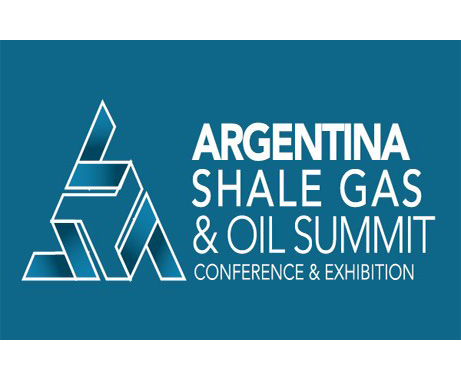Argentina shale outlook

With the Vaca Muerta promising production levels to rival those of North America the shale industry in Argentina has received substantial attention in recent months. Shale has been tipped as the answer to Argentine energy self-sufficiency and with investment deals attracting many of the majors the question of whether Argentina will be able to replicate the shale boom of the US is becoming ever more prevalent.
In the wake of such developments we sat down with Scott Stevens, Senior Vice President at Advanced Resources International, Inc. to hear his views on the shale industry in Argentina.
Advanced Resources International (ARI) are a US-based independent consultancy that has focused on unconventional resources since their creation in 1991. Their clients include major and independent oil companies, governments and financial institutions. ARI assist with design and evaluation of shale, coalbed ethane, tight gas and EOR drilling projects, and are known for their shale exploration assessments, such as the EIA-ARI 2013 report, the first rigorous public estimates of shale resources in Argentina, China, Mexico and some 40 other countries.
Drawing upon your global experience with unconventional resources, how does Argentine shale compare to other countries?
‘For several years we have known that Argentina has a superb geologic endowment, most famously the Vaca Muerta and Los Molles shales in the Neuquen Basin. These well-studied source rocks are thick, organic-rich and situated in mostly simple structural settings at suitable depth and thermal maturity. Early exploration and development drilling has been quite positive. Argentina’s other basins (San Jorge, Austral) also have promising organic-rich shales, but these were deposited under lacustrine conditions, which may be clay-rich and less brittle than their US-Canada counterparts.
Argentina has a vibrant conventional and tight gas industry, with a diverse mix of small to large domestic and international operators. Another local advantage is that Argentina has been “fracking” for years, building up its capability for hydraulic stimulation -- that puts it ahead of most other countries where fracking is rare to non-existent and thus costly. Overall, we are not surprised that Argentina is the first country outside US-Canada to achieve significant shale oil production and its future looks very bright’.
With global oil prices experiencing a sharp decline in recent months, major repercussions have been felt across the energy industry. How has and how do you see the declining oil price affecting the shale industry in Argentina?
‘As an early-stage industry, shale production in Argentina is still in the nascent high-cost phase. Current low global oil prices (~$30/bbl) do not make shale viable in Argentina due to the high cost of drilling and stimulation. Fortunately, Argentina still controls its domestic oil prices and currently they are significantly higher than global levels at $67.50/bbl. Consequently, we do see shale drilling and investment holding up in Argentina, whereas activity in most North America basins has been slashed or ceased completely.
Argentina’s artificially high oil prices may not be sustainable. The best outcome we see is a “soft landing,” where the government allows prices to decline gradually. This would enable Argentina’s shale industry to build up economy of scale while formulating “best practices” to drive down costs and make the industry globally competitive. Natural gas prices in Argentina already are near international levels’.
With Argentina in the midst of governmental change the country has been tipped to see a substantial transformation over the coming years. How do you see the shale industry in Argentina growing under the new government?
‘Shale is a long-term, capital-intensive business which requires billions of dollars of annual investment, as well as creative, flexible companies constantly willing to conduct R&D and technology development. The governments of Canada and the USA have taken a largely “hands-off” approach to the shale business, setting reasonable and stable overall fiscal policies, while remaining largely on the side-lines as private industry competed and (mostly) thrived. We would hope that domestic and international oil & gas companies will feel more secure under Argentina’s new business-oriented regime, but await concrete policy changes’.
To hear more from Scott Stevens and for further updates on the status of the shale industry in Argentina attend the Argentina Shale Gas and Oil Summit, which takes place in Buenos Aires on May 9th & 10th 2016.
Further details can be found at the event website http://www.a-sgos.com/
---
Follow us on Twitter @AzerNewsAz
